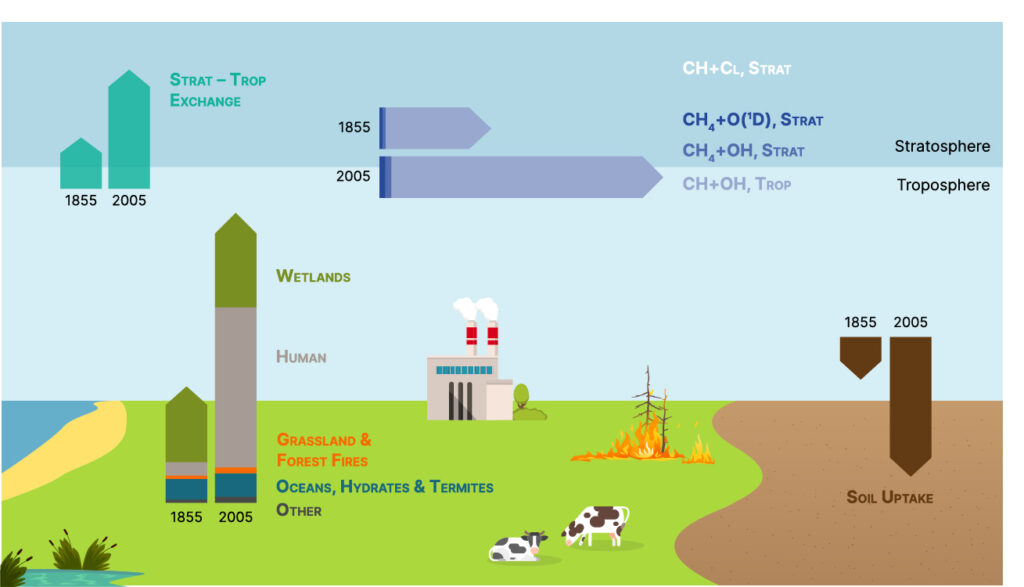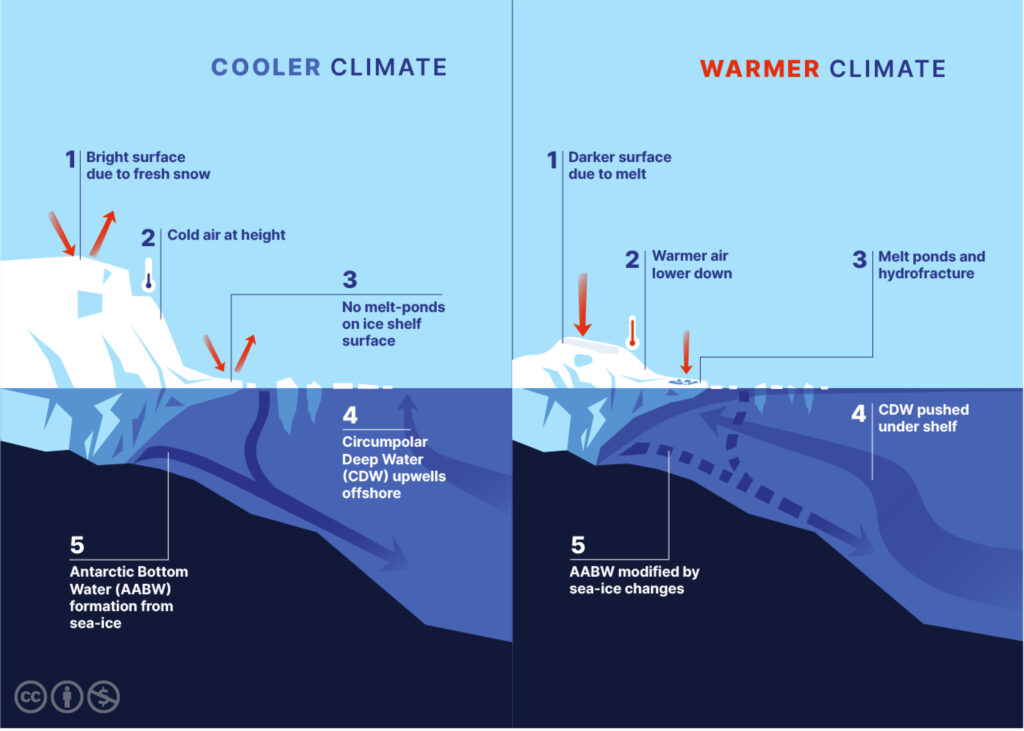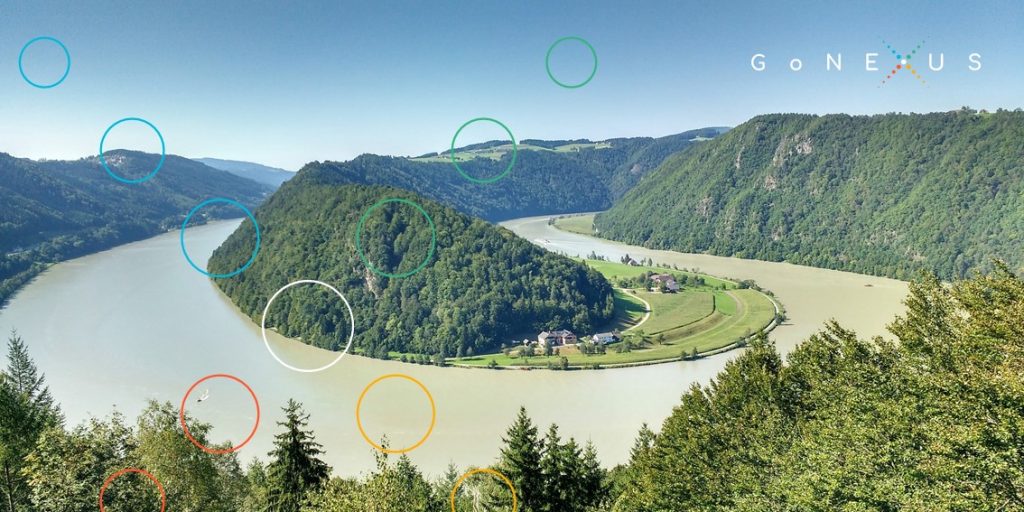The Generic Quantitative Risk Assessment report described implementation of a site soil survey and consequent contamination remediation action for the Lower Botanic Gardens (Belfast, UK). The exploratory site investigation was undertaken between October-December 2022, and comprised excavation of 28 soil samples and subsequent laboratory analysis for a common contaminant suite. Results confirmed contamination distributions linked to historical industry. Risk remediation actions were proposed for features with different levels of soil exposure.
Articles
The Preliminary Risk Assessment desk survey was produced prior to soil investigations on the Lower Botanic Gardens (Belfast, UK). Planning records revealed little site development over the past 200 years, but identified multiple local historical industry-linked contaminant sources that could contribute to soil contamination. Community growers and site developers were considered most at risk from ingesting or inhaling any contaminated site soil dusts.
Rather than trying to plant as many trees as possible, research coming out of the LANDMARC project suggests that it might be better to focus on planting fewer trees and managing them well, in a way that’s good for the underlying soil.
Air pollution is a growing concern that continues to strongly affects cities worldwide, posing significant threats to both human health and the environment. Nature based solutions is an innovative approach that harness the power of nature and its inherent ability to filter, absorb and mitigate pollutants. In the frame of the Upsurge project, different NBS are being implemented to study their benefits with a focus on air quality and climate remediation.
The drastic growth of cruise tourism in the world, while potentially beneficial for economic growth in local communities, also brings concerns regarding environmental impacts. This research used the port of Ísafjörður, Iceland, a growing hotspot destination for cruise ships, as a case study to aid in understanding the potential environmental impacts from cruise ships.
The first fully-coupled methane emission driven Earth system model capable of simulating the impact of anthropgenic forcing on natural environments, as well as the impact of methane emissions and mitigation strategies on air quality.
This article gives an overview of the recent advances on the interactive modelling of ice sheet dynamics in Earth System Models, and the implications for reducing the uncertainty of sea-level rise projections, especially when considering multi-centennial timescales of changes or low-likelihood high-impact scenarios.
The understanding of nature-based negative emission solutions often focuses on their mitigation potential, thus as means for reaching carbon neutrality by 2050. However, this is only one small part of the whole picture; these techniques represent a more sustainable model that brings many environmental benefits in the long term.
In this article, we provide an overview of current understanding of the land-to-ocean carbon fluxes. We describe the new conceptual model of the land-to-ocean aquatic continuum (proposed by Regnier et al, 2022, Nature), as well as ongoing work to include this new knowledge in Earth System Models.
In a time of increasing demand for the earth’s limited resources, the GoNEXUS project develops solutions for more efficient and sustainable resource management. It does so through a holistic approach to how the resources interplay rather than by examining each one of them individually.





